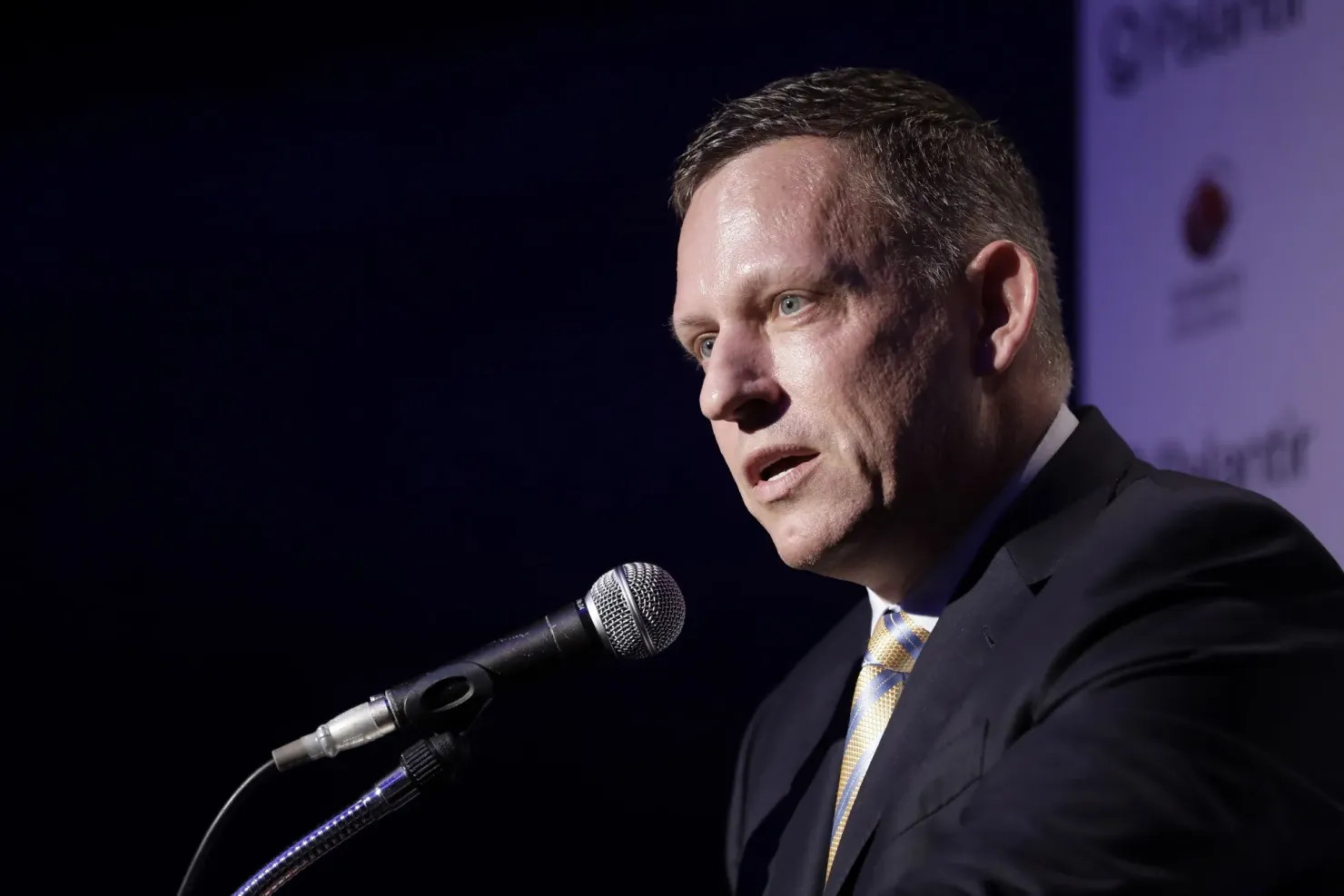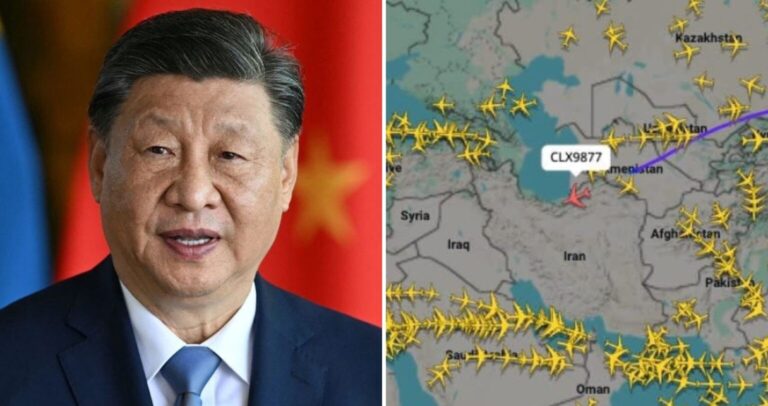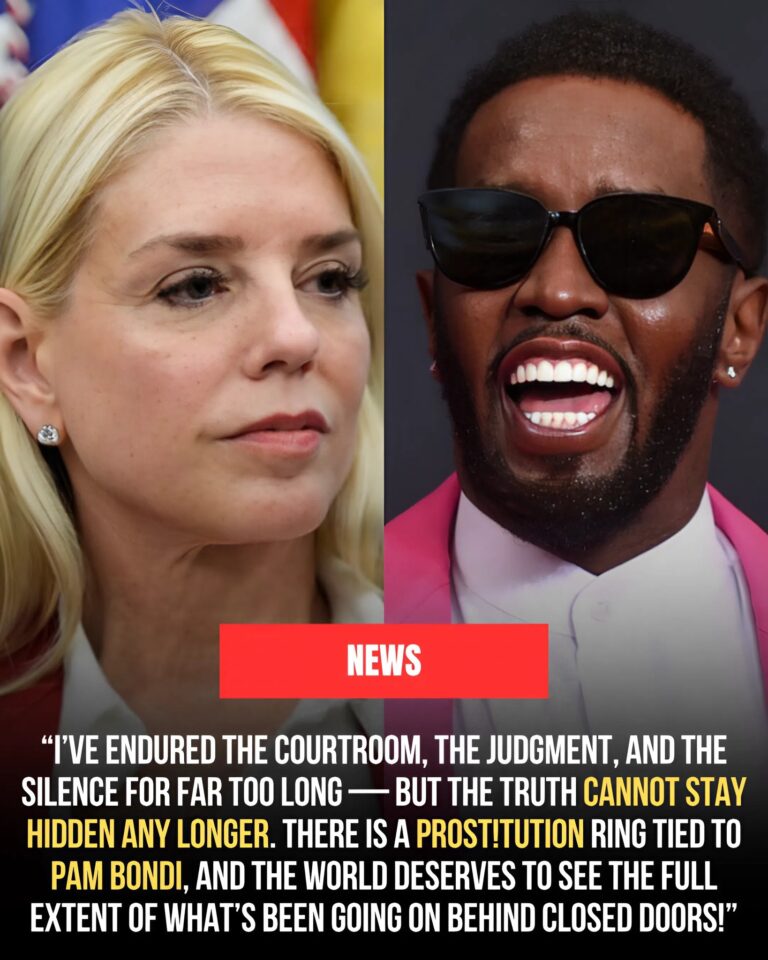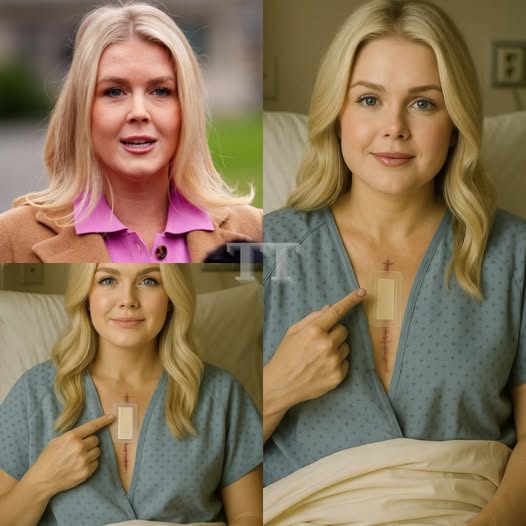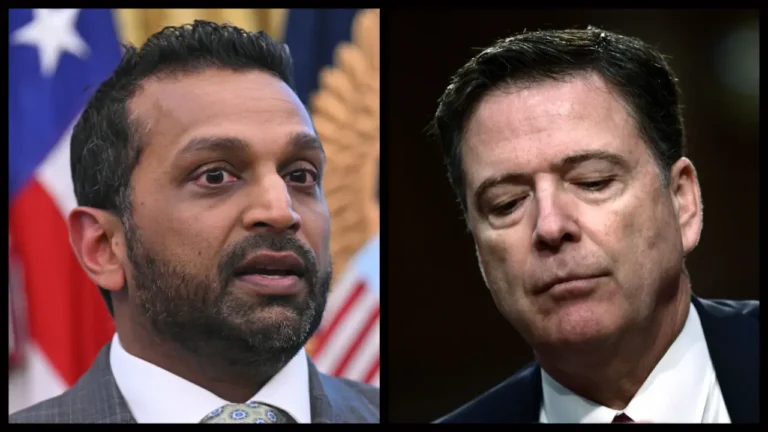BREAKING: Billionaire Peter Thiel Believes The Greatest Threat to Humanity’s Future is…
Peter Thiel, the billionaire co-founder of PayPal and Palantir, warned that the gravest perils facing humanity: nuclear war, climate disaster, bioweapons, and AI—carry with them an even more troubling political impulse: the drift toward one-world governance under the guise of protection.
He framed this worst-case scenario as a “bad singularity,” where the reflexive reaction to existential threats becomes a global, totalitarian regime. “I would describe [it] as the one-world totalitarian state,” he told Ross Douthat.
Thiel did not launch this warning as a detached technocratic prediction. He painted a vivid image of a dystopia born from fear. “The way the Antichrist would take over the world is you talk about Armageddon nonstop,” he said.
He drew a stark parallel. “In our world, it’s far more likely to be Greta Thunberg,” he quipped, implying that alarmism, not demagoguery, may usher in mass control.
Thiel pointed specifically to solutions like empowering the United Nations to oversee nuclear weapons or instituting surveillance-heavy regulation of AI development. These practices trade liberty for a false promise of safety.
He expressed frustration that global crises are habitually met with calls for centralized authority rather than empowering individuals and local institutions.
He did not dismiss existential threats outright. Instead, he highlighted how the political default often intensifies the problem by concentrating power globally.
On AI, Thiel emphasized a measured perspective. Asked “how big a thing” AI is, “My stupid answer is: It’s more than a nothing burger, and it’s less than the total transformation of our society.”
He likened AI’s potential to the internet of the late 1990s. It is able to spawn “some great companies” and modest GDP gains, but unlikely to spark a full renaissance.
Thiel blamed broader societal stagnation on the absence of audacious ideas. Without AI, “there’s just nothing going on,” he warned.
He reaffirmed his long-held belief that technological advancement has slowed since the 1970s, especially in energy and transportation.
Thiel insisted that AI should be embraced if only because the alternative is societal unravelling. “Without AI, there’s just nothing going on,” he repeated.
He articulated the political risk of complacency. “If we don’t find a way back to the future, society unravels, it doesn’t work.”
But he refused to see AI as salvation. He urged bold ventures like Mars exploration or curing dementia to truly reignite civilization.
Thiel’s worldview hinges on skepticism of global planning and alarmist narratives. He sees the promotion of existential dread as a tool that could usher in authoritarian control.
He framed the global response to crises not as noble but as a slippery slope toward losing independence.
Thiel’s caution is underpinned by his broader apprehension about regulating innovation at supranational levels. He is critical of global compute governance and central planning.
He challenged the assumption that global governance ensures survival. He sees it as a mechanism of control.
His invocation of the Antichrist draws on historical metaphor to signal that authoritarianism can emerge cloaked in messianic promises.
Thiel’s remarks expose an ideological tension. Progress is essential, but centralizing solutions betray the very freedom civilization should defend.
He dramatized the dilemma. Embrace moderate innovation like AI, or risk succumbing to stagnation and possibly surrender liberty in the process.
His message culminates in a conservative imperative. Confront risks without capitulating to centralized control, lest the world slip into a one-world tyranny disguised as safety.
